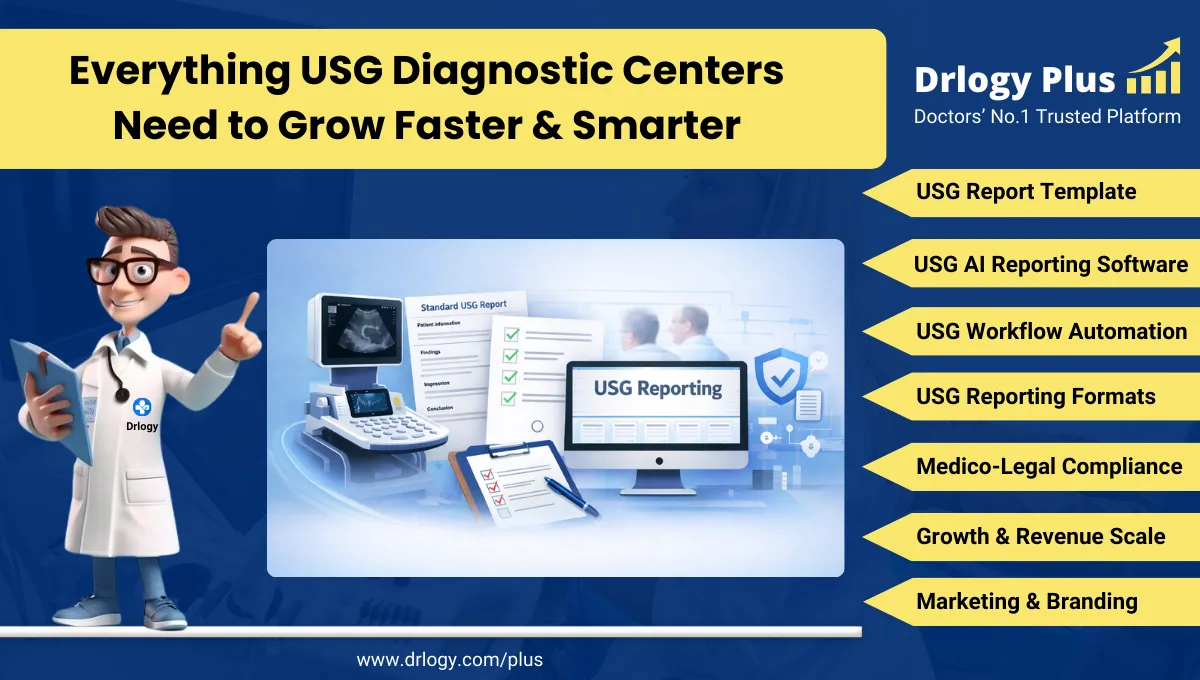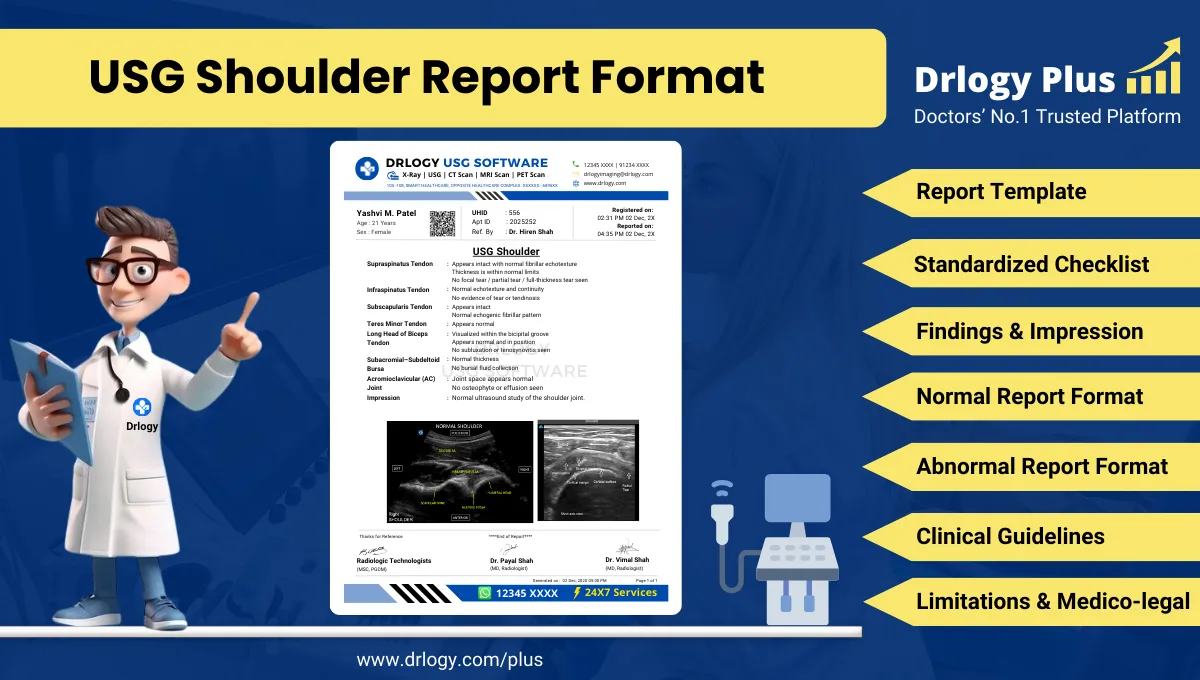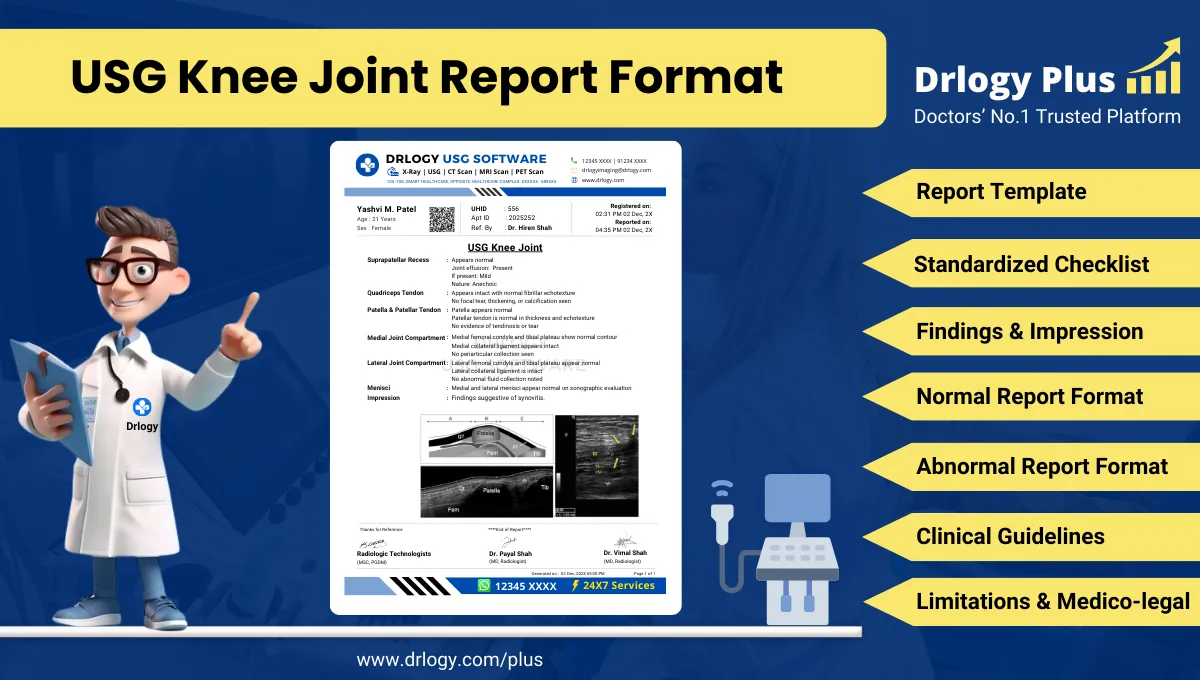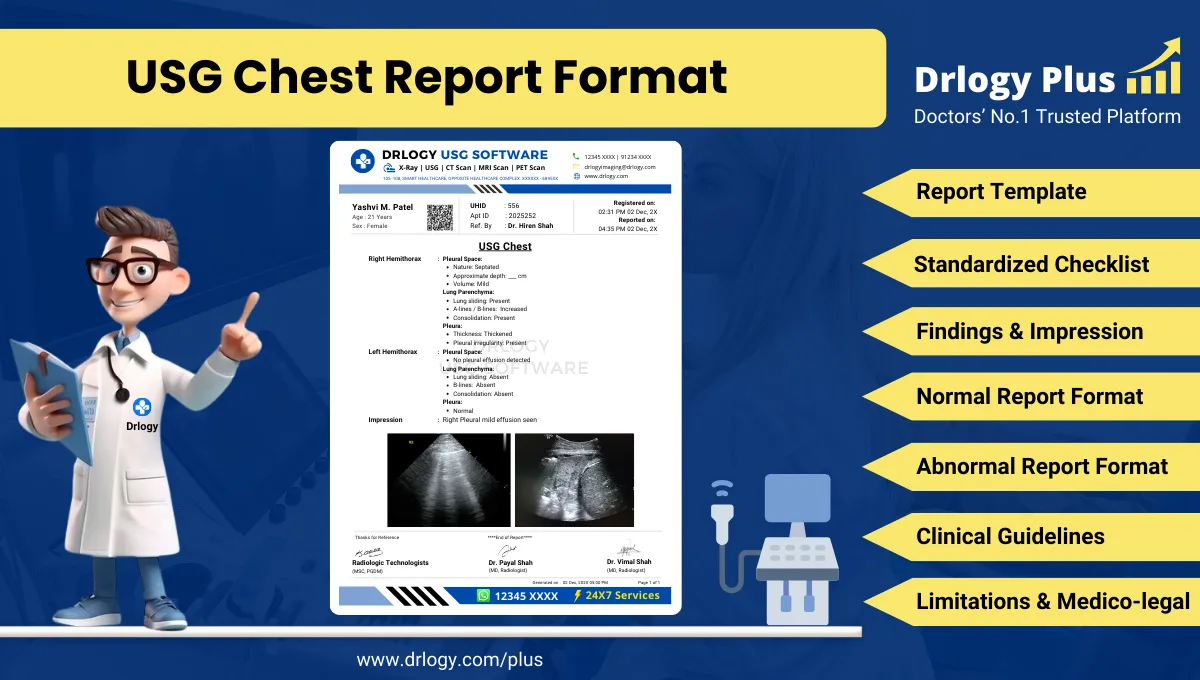

Drlogy
Healthcare organization
10 Best Digital Marketing Ideas for Your Hospital Marketing
In today's fast-paced world, digital marketing has become an essential tool for hospitals to expand their reach, engage with patients, and build a strong online presence.
Check:
These digital marketing strategies can help hospitals stay ahead of the competition, improve patient trust, and ultimately enhance their services.
10 Best Digital Marketingeas for Your Hospital Marketing
Here are 10 Best Digital Marketingeas for Your Hospital Marketing.
1. Search Engine Optimization (SEO)
- Local SEO: Optimize your hospital’s website for local searches by using location-specific keywords to appear in relevant search results. This increases visibility among patients in your region.
- Content Creation: Create valuable blog content that addresses common health concerns, hospital services, and patient education to rank higher in search engines and attract organic traffic.
- Google My Business: Claim and optimize your hospital’s Google My Business listing to ensure patients can easily find your hospital's contact details, location, and reviews.
- Mobile Optimization: Ensure your website is mobile-friendly, as most patients search for hospital services through their smartphones. This will improve your site’s ranking and user experience.
- On-Page SEO: Focus on optimizing meta descriptions, headings, and alt text for images to improve on-page SEO and make your hospital's site more search-engine friendly.
SEO helps increase your hospital's visibility on search engines, making it easier for potential patients to find you.
2. Pay-Per-Click (PPC) Advertising
- Google Ads: Run targeted Google Ads campaigns to promote specific services or treatments offered by your hospital. Use targeted keywords for better visibility in search results.
- Display Ads: Create visually appealing display ads and place them on relevant websites to increase brand awareness and drive traffic to your hospital's website.
- Remarketing Campaigns: Set up remarketing campaigns to target visitors who have already interacted with your hospital's website but haven’t booked an appointment yet.
- Location-Based Ads: Use geotargeting to display ads to users within a certain radius of your hospital to increase the chances of them visiting or contacting your facility.
- Ad Extensions: Use ad extensions to include additional information such as contact numbers, address, or patient reviews, which can increase ad performance and click-through rates.
PPC advertising offers immediate results and helps hospitals attract targeted traffic to their website, boosting patient inquiries and bookings.
3. Social Media Marketing
- Engage with Patients: Regularly post engaging content on platforms like Facebook, Instagram, and Twitter to foster interaction with current and potential patients.
- Share Patient Testimonials: Post patient success stories and testimonials to build trust and credibility with your audience.
- Live Q&A Sessions: Host live Q&A sessions with doctors or health experts to answer patients' common health questions and showcase your hospital’s expertise.
- Health Tips & Advice: Share useful health tips, seasonal advice, and wellness guides to educate and engage your followers, positioning your hospital as a health resource.
- Targeted Ads on Social Media: Use paid social media ads to target specific patient demographics based on location, age, interests, and medical needs.
Social media marketing builds a strong online community, increasing engagement and awareness of your hospital's services.
4. Content Marketing
- Educational Blogs: Create blog posts that provide information on diseases, treatments, hospital procedures, and wellness tips to inform your patients and improve your search ranking.
- Infographics and Videos: Use engaging visuals like infographics and explainer videos to educate patients about your services or the treatment process, making information more accessible.
- E-books and Guides: Offer downloadable e-books or patient guides on health topics or hospital services, helping patients make informed decisions.
- Case Studies: Share real-life case studies of patients treated at your hospital, detailing the care provided and successful outcomes to build trust.
- Patient Stories and Testimonials: Publish patient success stories, showcasing their journey with your hospital, which can help prospective patients relate to your services.
Content marketing educates your patients, drives traffic to your website, and strengthens your hospital's reputation as an authoritative healthcare provider.
5. Email Marketing
- Monthly Newsletters: Send out monthly newsletters featuring hospital updates, health tips, upcoming events, and new services to keep patients informed and engaged.
- Personalized Emails: Use data analytics to send personalized emails to patients based on their health needs or past treatments, offering relevant information or appointment reminders.
- Follow-up Emails: Send follow-up emails after patient visits or procedures, asking for feedback and offering additional resources or care.
- Event Invitations: Use email marketing to invite patients to seminars, health workshops, or awareness campaigns, encouraging them to stay connected with your hospital.
- Promotional Offers: Send targeted promotional offers such as discounts on health check-ups or wellness programs to engage and incentivize patients to schedule appointments.
Email marketing helps maintain patient relationships, informs them of important updates, and drives repeat visits to your hospital.
6. Online Reviews and Reputation Management
- Encourage Positive Reviews: Ask satisfied patients to leave positive reviews on Google, Facebook, or healthcare-specific platforms like Healthgrades to improve your hospital’s online reputation.
- Respond to Reviews: Respond promptly and professionally to both positive and negative reviews, showing patients that you value their feedback and are committed to improvement.
- Monitor Your Reputation: Use reputation management tools to track and manage your hospital’s online reviews and ratings across multiple platforms.
- Highlight Testimonials on Your Website: Display positive patient testimonials on your hospital’s website to increase trust among potential patients.
- Address Negative Feedback: Address any negative feedback constructively and offer solutions to the patient’s concerns, demonstrating your commitment to quality care.
Managing online reviews builds credibility and trust, helping patients make decisions based on others' experiences with your hospital.
7. Video Marketing
- Facility Tours: Create virtual tours of your hospital's facilities to give potential patients a glimpse of the environment, promoting comfort and trust.
- Doctor Introductions: Introduce your hospital’s doctors and medical staff through video interviews, showcasing their expertise and personality.
- Patient Testimonies: Share video testimonials from satisfied patients, allowing potential patients to see the real-life impact of your hospital’s services.
- Health Education Videos: Produce educational videos on common health issues or hospital services to help patients make informed decisions about their health.
- Live Streaming Events: Live stream health webinars or special hospital events to engage with a broader audience in real-time.
Video marketing humanizes your hospital, builds trust, and increases patient engagement by providing valuable, visual content.
8. Online Appointment Scheduling
- User-Friendly Booking System: Implement an easy-to-use online booking system on your website that allows patients to schedule appointments at their convenience.
- Appointment Reminders: Set up automated email or SMS reminders for upcoming appointments to reduce no-shows and improve patient experience.
- Integration with Telemedicine: Integrate online appointment booking with telemedicine services to offer virtual consultations, expanding access to healthcare.
- Customizable Appointment Types: Allow patients to book specific types of appointments such as consultations, check-ups, or diagnostic tests, streamlining the scheduling process.
- Real-Time Availability: Provide real-time availability of doctors and specialists to help patients book their appointments without delays.
Online appointment scheduling increases patient convenience, boosts efficiency, and reduces administrative workload for your hospital.
9. Mobile App Marketing
- Develop a Hospital App: Create a mobile app for your hospital that allows patients to book appointments, view test results, access health records, and communicate with doctors.
- Push Notifications: Send personalized push notifications to keep patients informed about appointment reminders, health tips, or special offers.
- Appointment Tracking: Allow patients to track their appointment status, follow-up care, and treatment progressectly through the hospital’s mobile app.
- Health Tips and Alerts: Use the app to send relevant health tips, alerts about flu seasons, or wellness reminders to engage with patients on the go.
- Patient Support: Offer aect communication feature within the app that allows patients to ask questions and receive support from your hospital’s staff.
Mobile app marketing enhances patient engagement, provides convenience, and strengthens your hospital’s relationship with patients.
10. Influencer Marketing
- Partner with Health Influencers: Collaborate with health influencers or local celebrities to promote your hospital’s services, building credibility and trust among their followers.
- Patient Advocacy: Work with patient advocates to share their healthcare journey and how your hospital supported them through treatments or procedures.
- Collaborative Health Campaigns: Create awareness campaigns with influencers to promote healthy lifestyles, early diagnosis, and the importance of regular check-ups.
- Live Streams with Experts: Host live streaming sessions with medical professionals and influencers to discuss common health topics and your hospital’s services.
- Social Media Takeovers: Let influencers take over your hospital’s social media account for a day, sharing their experiences and promoting your services.
Influencer marketing leverages trusted voices to promote your hospital and increase patient trust and engagement.
Impact Of Digital Marketing To Boost Your Hospital Growth
Here’s the Impact Of Digital Marketing To Boost Your Hospital Growth.
| Aspect | Hospital A+ (With Digital Marketing) | Hospital B- (Without Digital Marketing) |
|---|---|---|
| Growth | ✓ | x |
| Brand Visibility | ✓ | x |
| Lead Generation | ✓ | x |
| Patient Acquisition | ✓ | x |
| Cost-Effectiveness | ✓ | x |
| Engagement | ✓ | x |
| Reputation | ✓ | x |
| Referrals | ✓ | x |
| Conversion Rate | ✓ | x |
| Competitive Advantage | ✓ | x |
Bonus Tools For Hospital Marketing:
7 Steps Guide For Hospital Marketing
Here are 7 Steps Guide For Hospital Marketing.
| Hospital Marketing Strategy |
|---|
| 1. Digital Marketing |
| 2. Paid Ads Marketing |
| 3. Social Media Marketing |
| 4. Referral Marketing |
| 5. Content Marketing |
| 6. Event Sponsorship Marketing |
| 7. Partnerships with Healthcare Providers |
Summary
Overall, By implementing these 10 digital marketing strategies, your hospital can effectively engage with potential patients, build trust, and enhance its online presence.
Check Drlogy Hospital Marketing Guide for effective strategies to enhance your Hospital's marketing and enhancement to gain trust and more trustability for Hospital growth.




